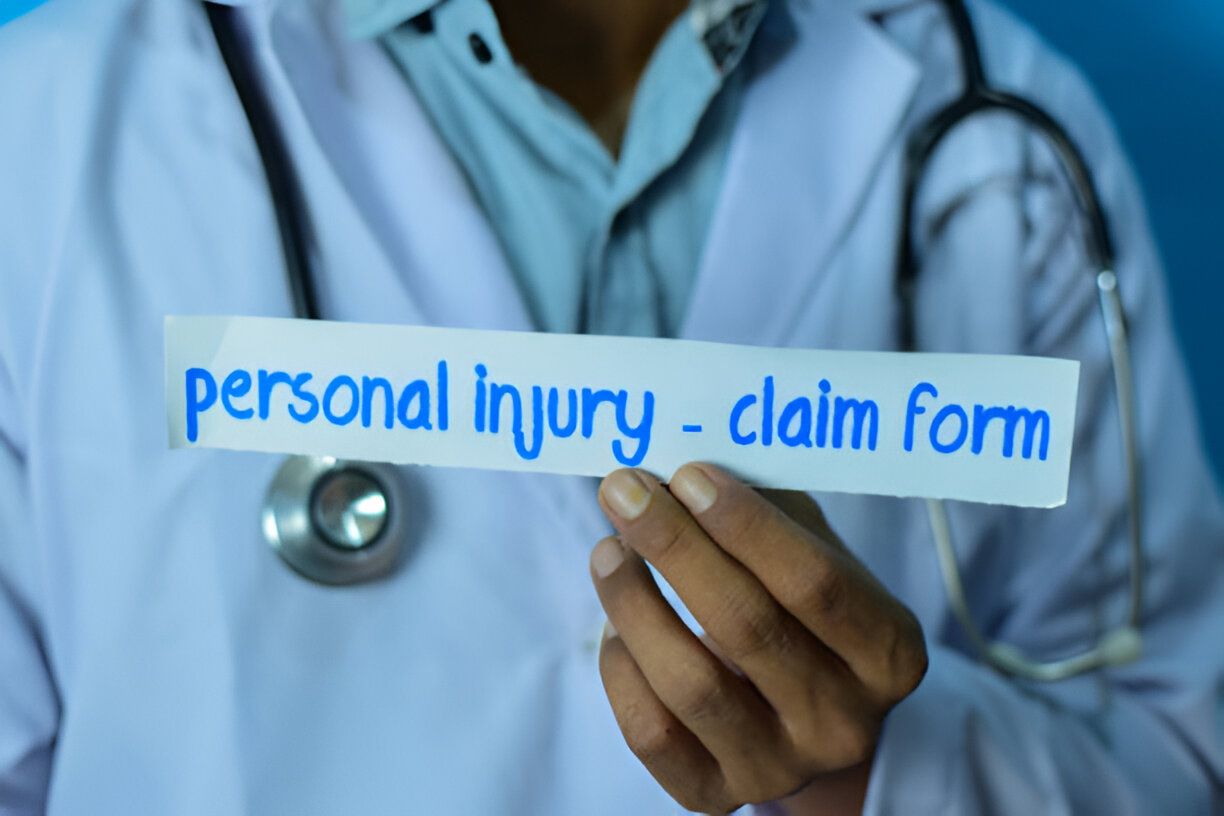When you’ve suffered a personal injury due to someone else’s negligence, understanding how to secure fair compensation is crucial. This guide will walk you through the essential steps and considerations to help you navigate the complex world of personal injury claims.
Contents
Concepts of Personal Injury Law Explained
Personal injury law is designed to protect individuals who have been harmed by the actions or negligence of others. Whether you’ve been involved in a car accident, experienced a workplace injury, or been a victim of medical malpractice, it’s important to understand that you have rights.
Insurance companies and large corporations often employ skilled attorneys to minimize payouts, which is why it’s essential for injured parties to arm themselves with knowledge and, when necessary, seek professional legal representation.
Immediate Steps After an Injury
Your first priority after sustaining an injury should be your health. Seek medical attention promptly, even if your injuries seem minor. Some injuries may not be immediately apparent, and prompt medical care creates a crucial link between the incident and your injuries.
Additionally, start documenting everything related to your injury and its impact on your life. Keep a detailed record of daily pain levels, symptoms, how the injury affects your routine activities, and any emotional or psychological effects.
Building a Strong Case Through Evidence
Collecting and preserving evidence is crucial to the success of your personal injury claim. Be sure to:
- Photograph your injuries and the accident scene
- Obtain copies of any official incident reports
- Collect contact information from witnesses
- Keep all medical records and bills
- Document any property damage
- Save receipts for all injury-related expenses
This evidence will be instrumental in establishing the extent of your damages and linking them directly to the incident.
Importance of Legal Representation
Address immediate medical concerns, gather initial evidence, then consult a skilled personal injury attorney. They will assess your case, handle insurer communications, gather evidence, calculate damages, negotiate for fair compensation, and represent you in court if needed.
Understanding Compensation Calculations
Determining appropriate compensation in personal injury cases involves several factors. Economic damages include current and future medical expenses, lost wages and diminished earning capacity, property damage, and out-of-pocket expenses related to the injury.
Non-economic damages cover pain and suffering, emotional distress, loss of enjoyment of life, and loss of consortium. Understanding these categories can help you and your attorney determine a fair value for your claim.
Securing fair compensation often requires patience and persistence. While it may be tempting to accept an early settlement offer, especially when facing mounting bills, it’s crucial to ensure that the compensation adequately covers all your damages, including potential future expenses.
Your attorney can help you understand the true value of your claim and advise on when it’s appropriate to settle or proceed to trial.
Avoiding Common Pitfalls
To protect the strength of your claim, be cautious about what you say to insurance adjusters and avoid discussing your case on social media. Follow all medical advice and attend scheduled appointments. Don’t give recorded statements without legal counsel present.
These precautions can help maintain the integrity of your claim and improve your chances of receiving fair compensation.
Conclusion
Navigating a personal injury claim is challenging, especially amid recovery. Understand your rights, take prompt action, and seek legal guidance to improve your chances of fair compensation. Aim to recover immediate losses and protect against long-term consequences. With the right approach, focus on your recovery while safeguarding your legal and financial interests.



